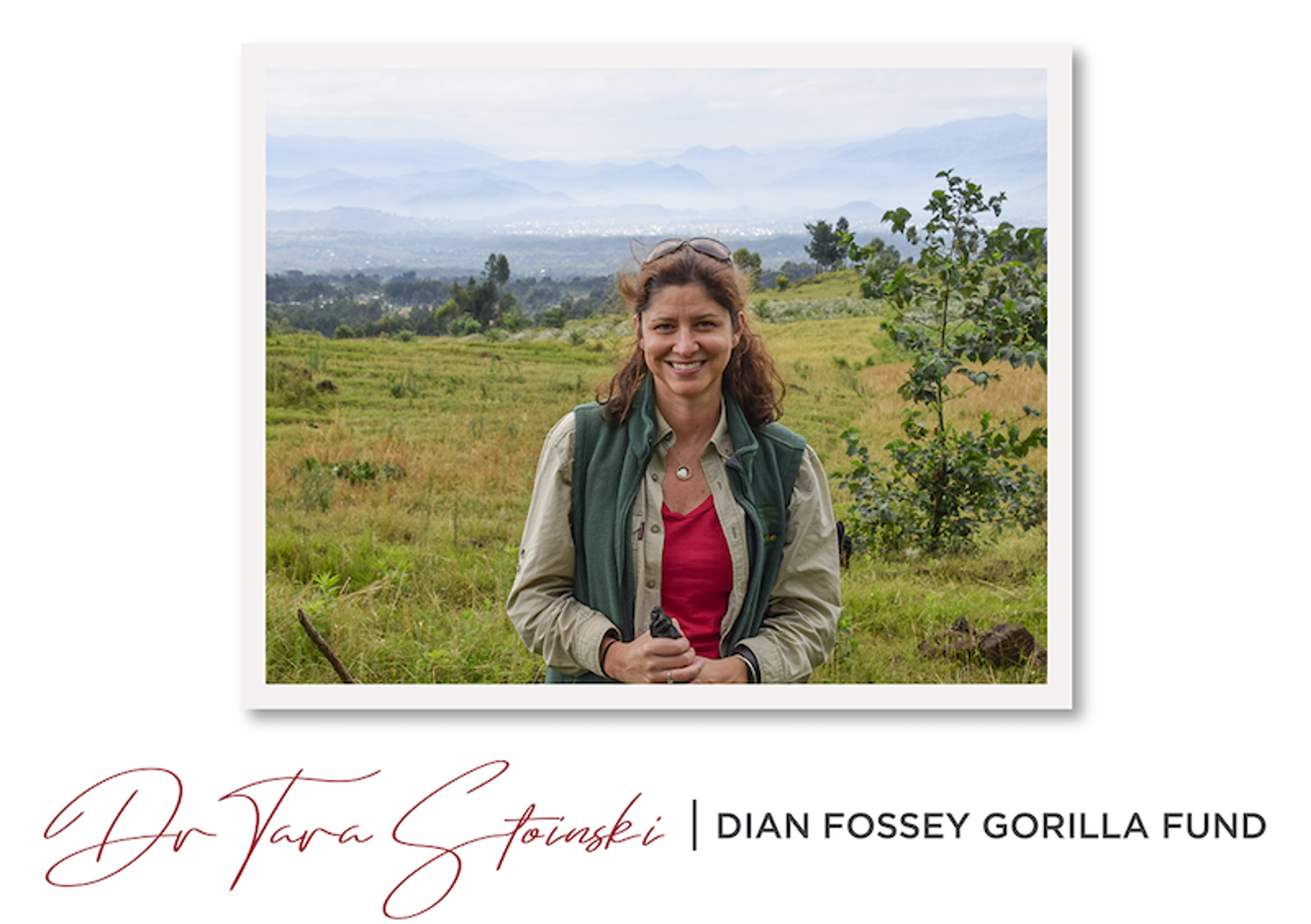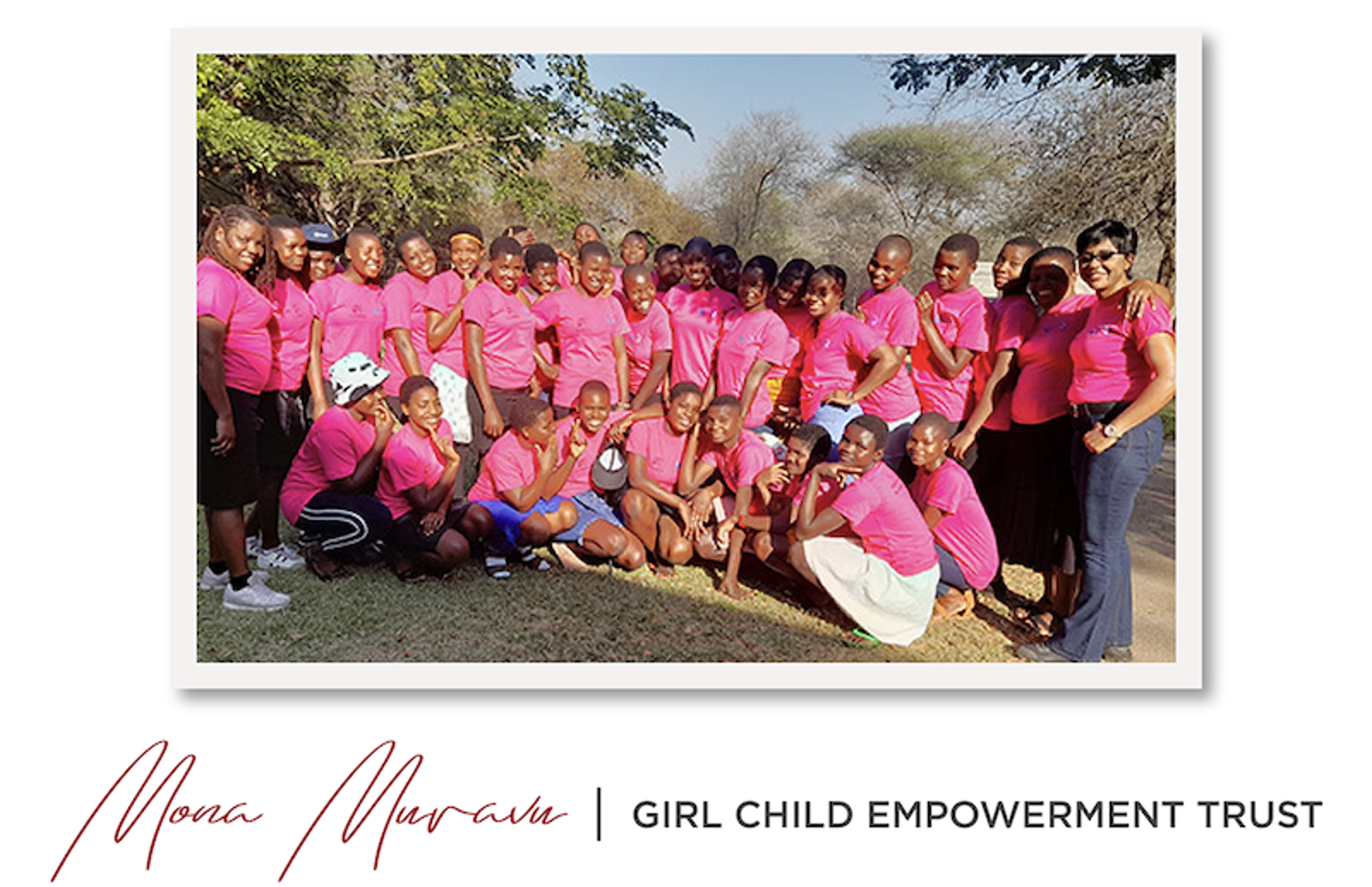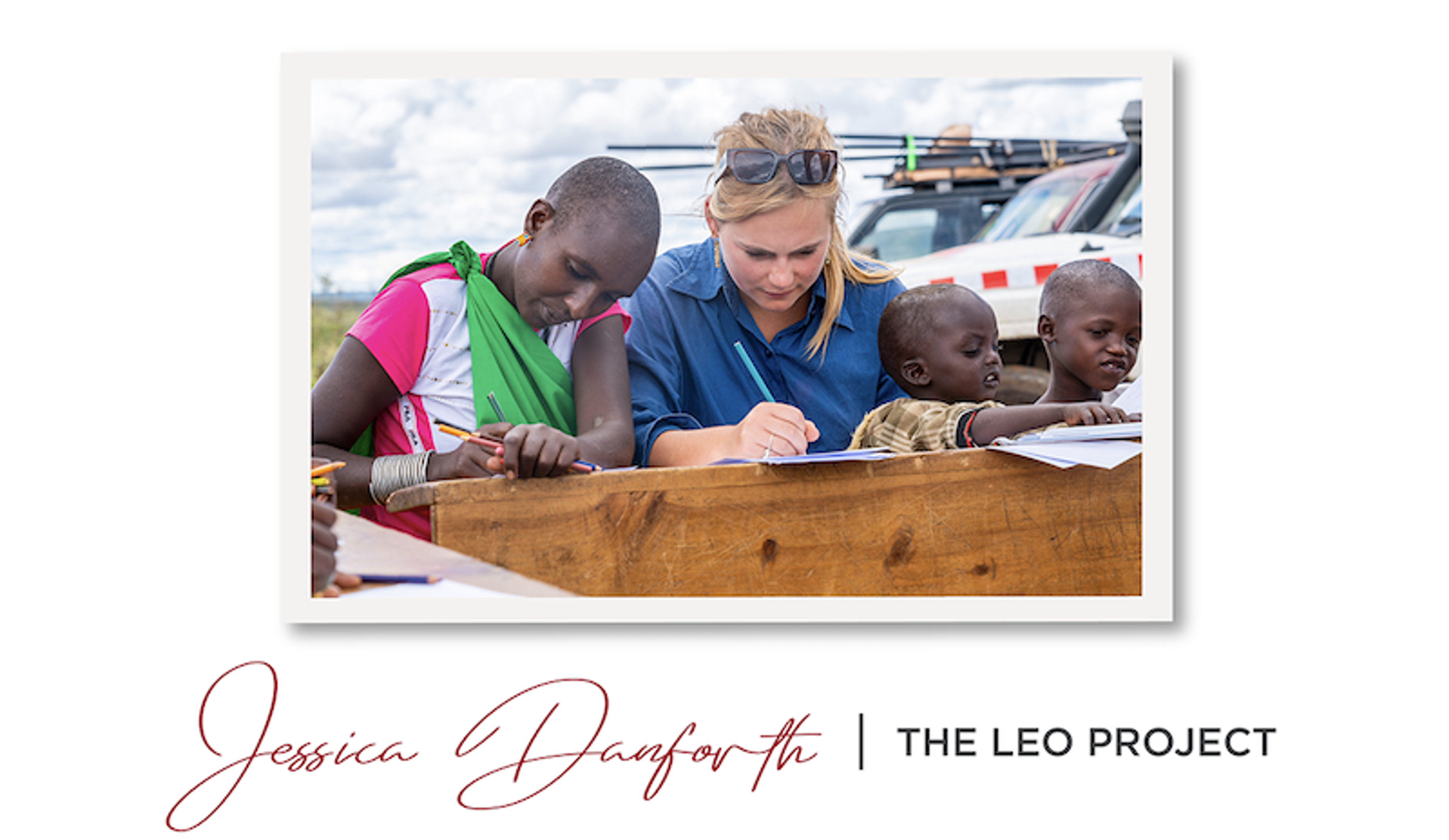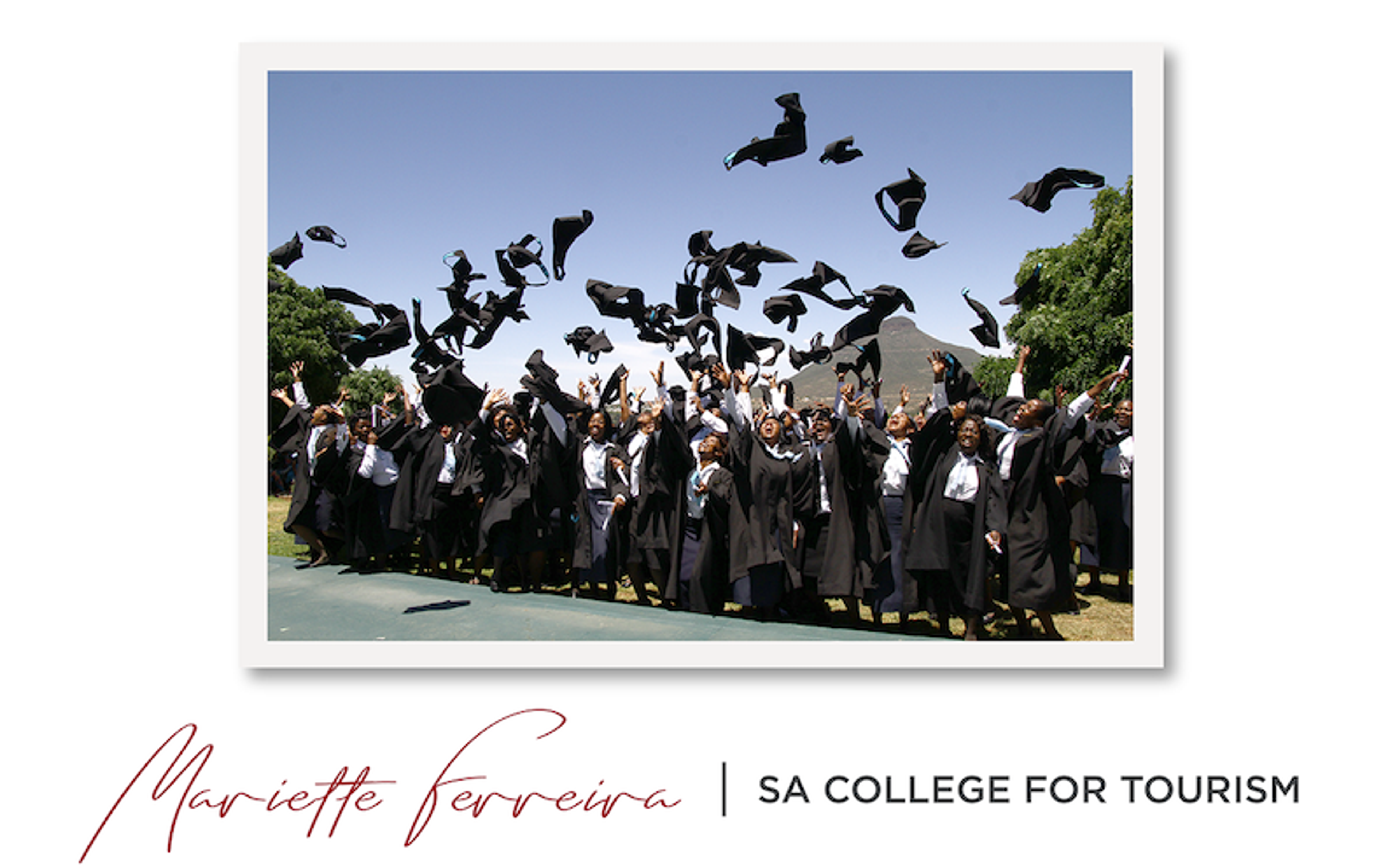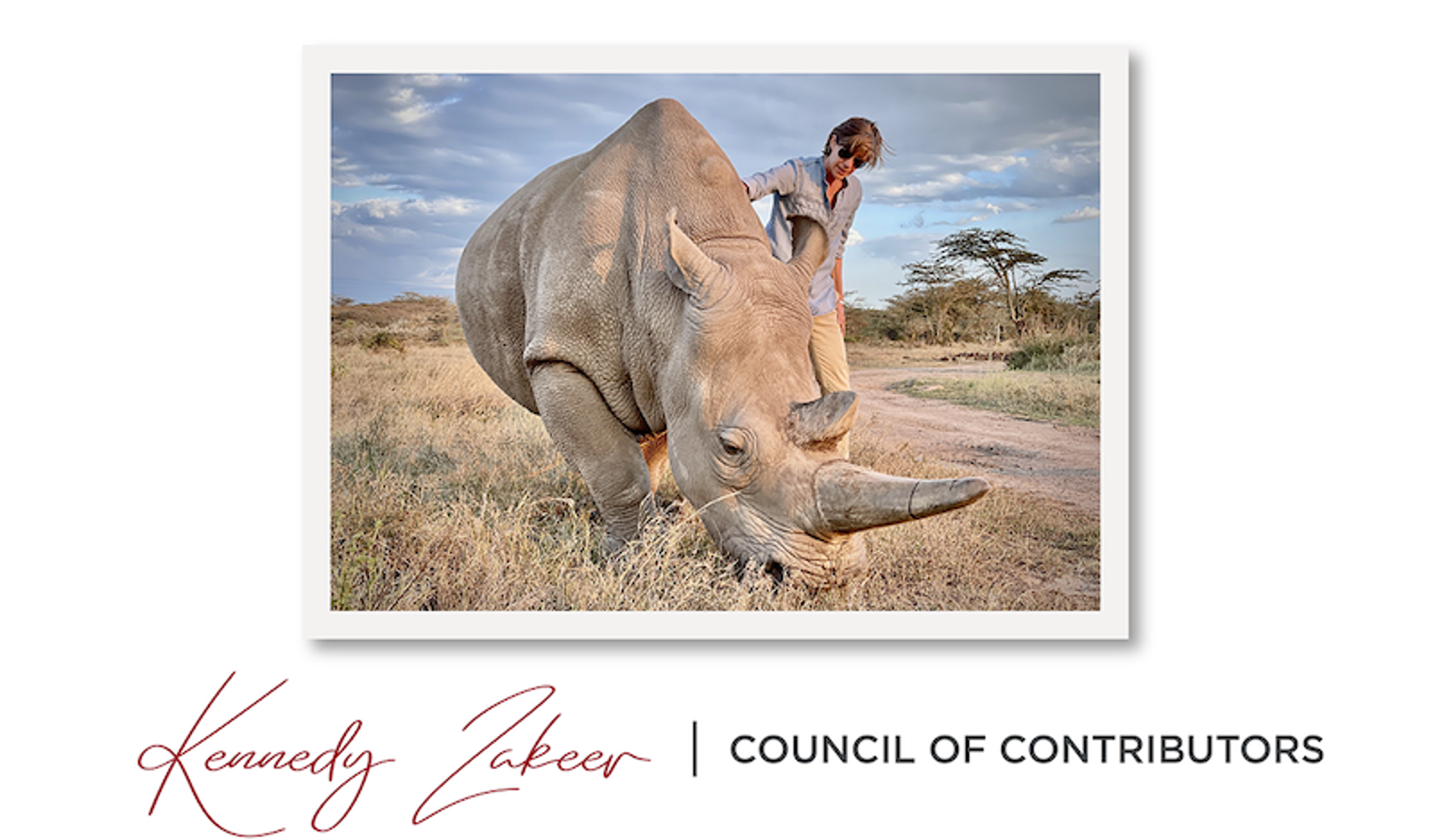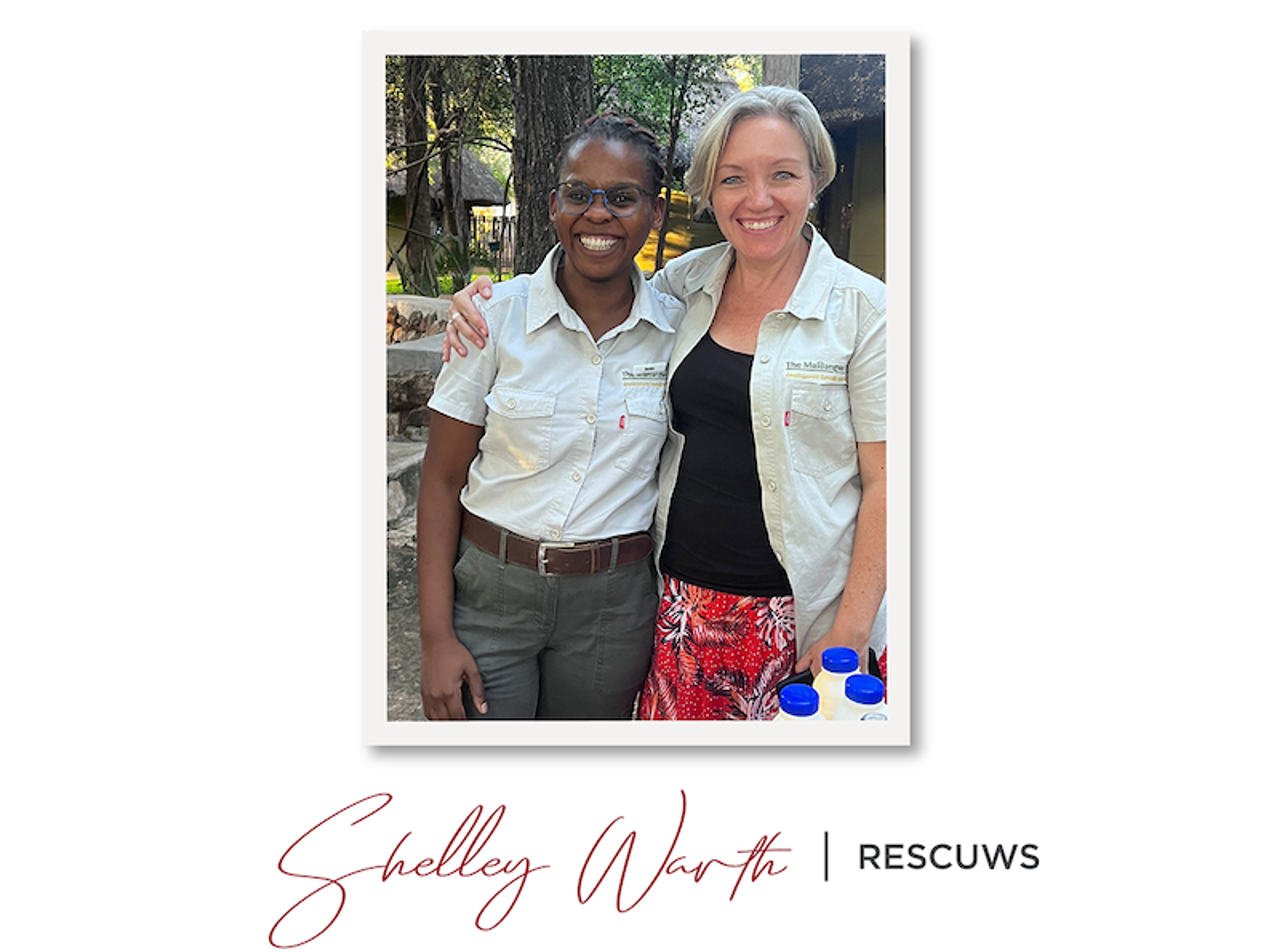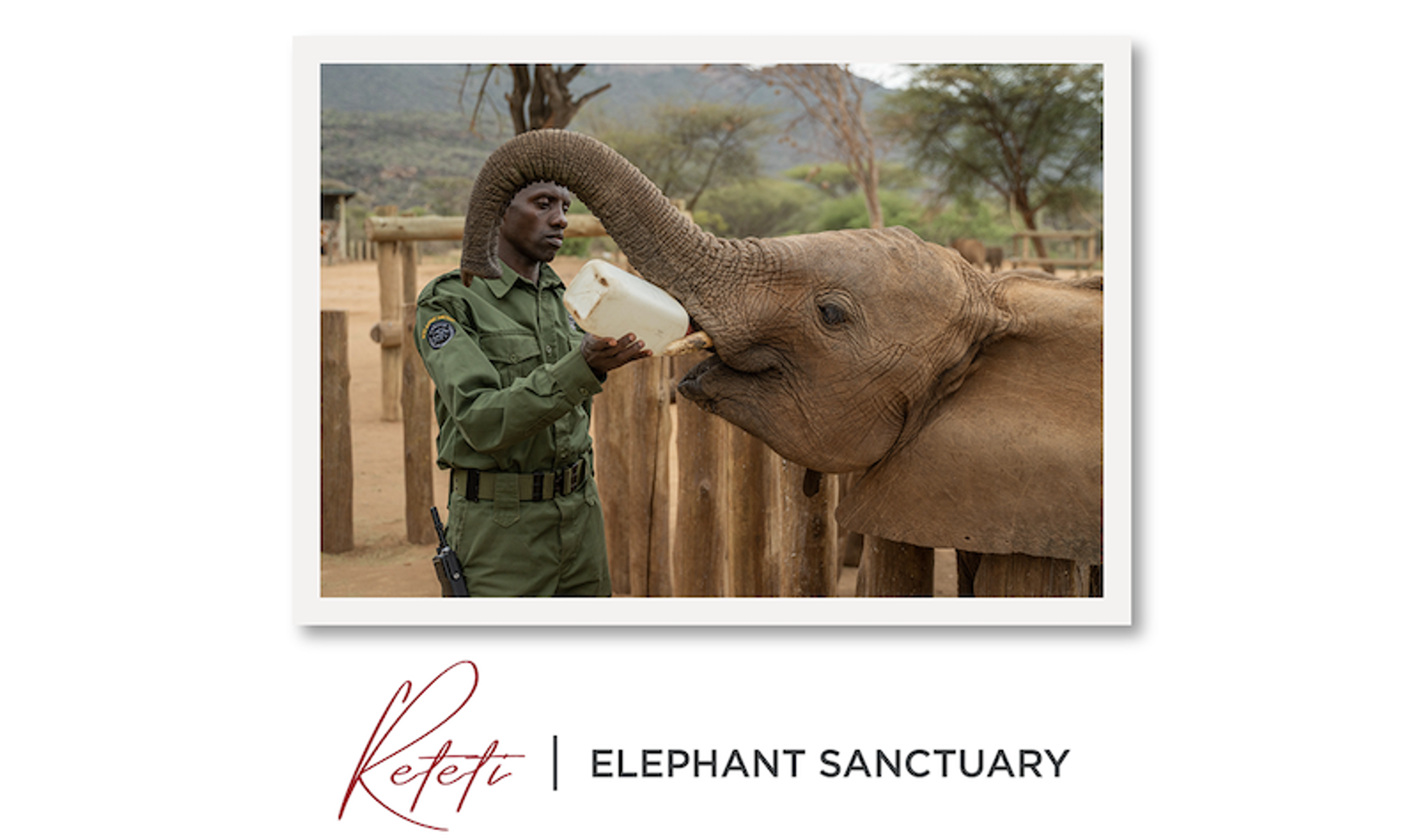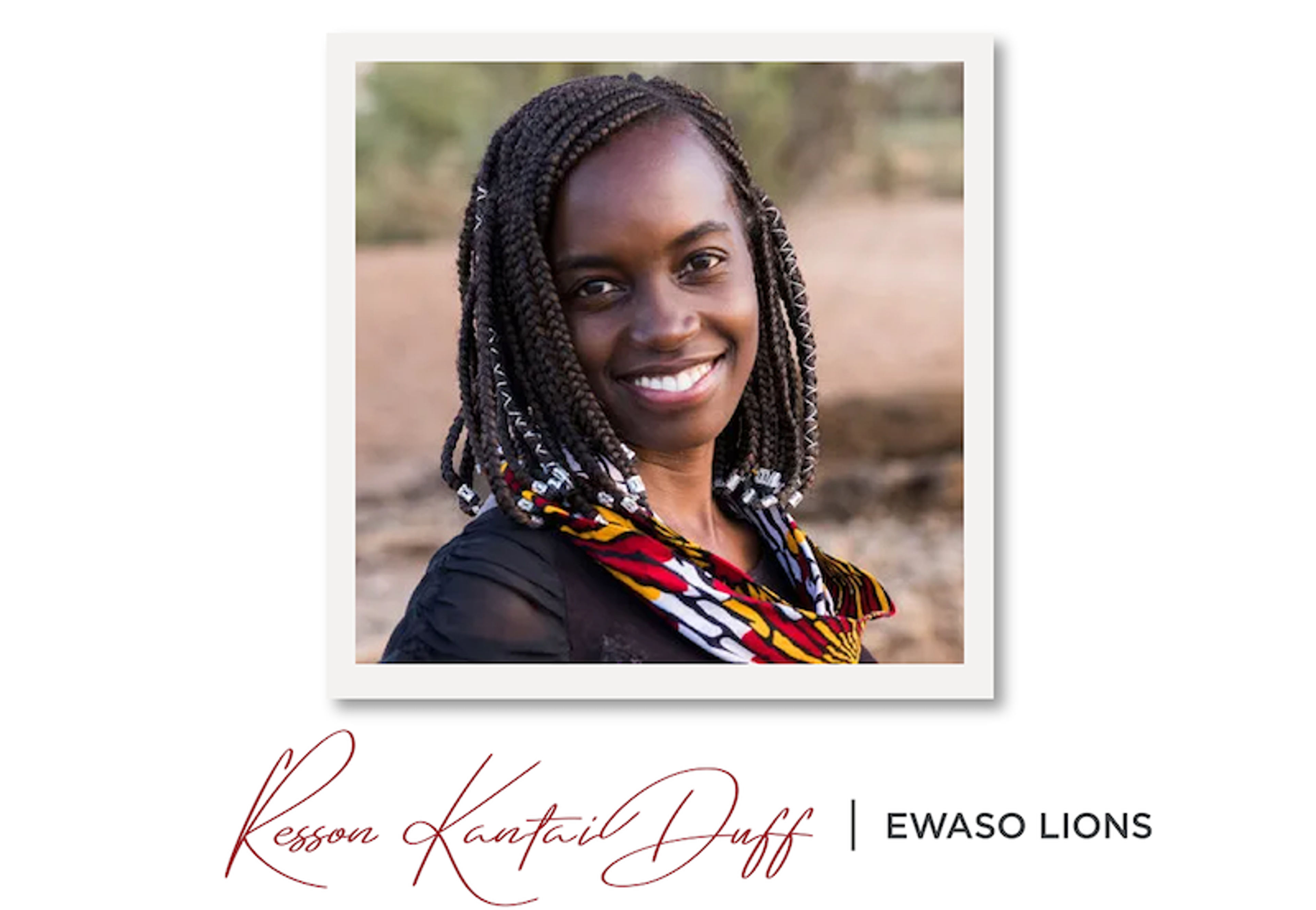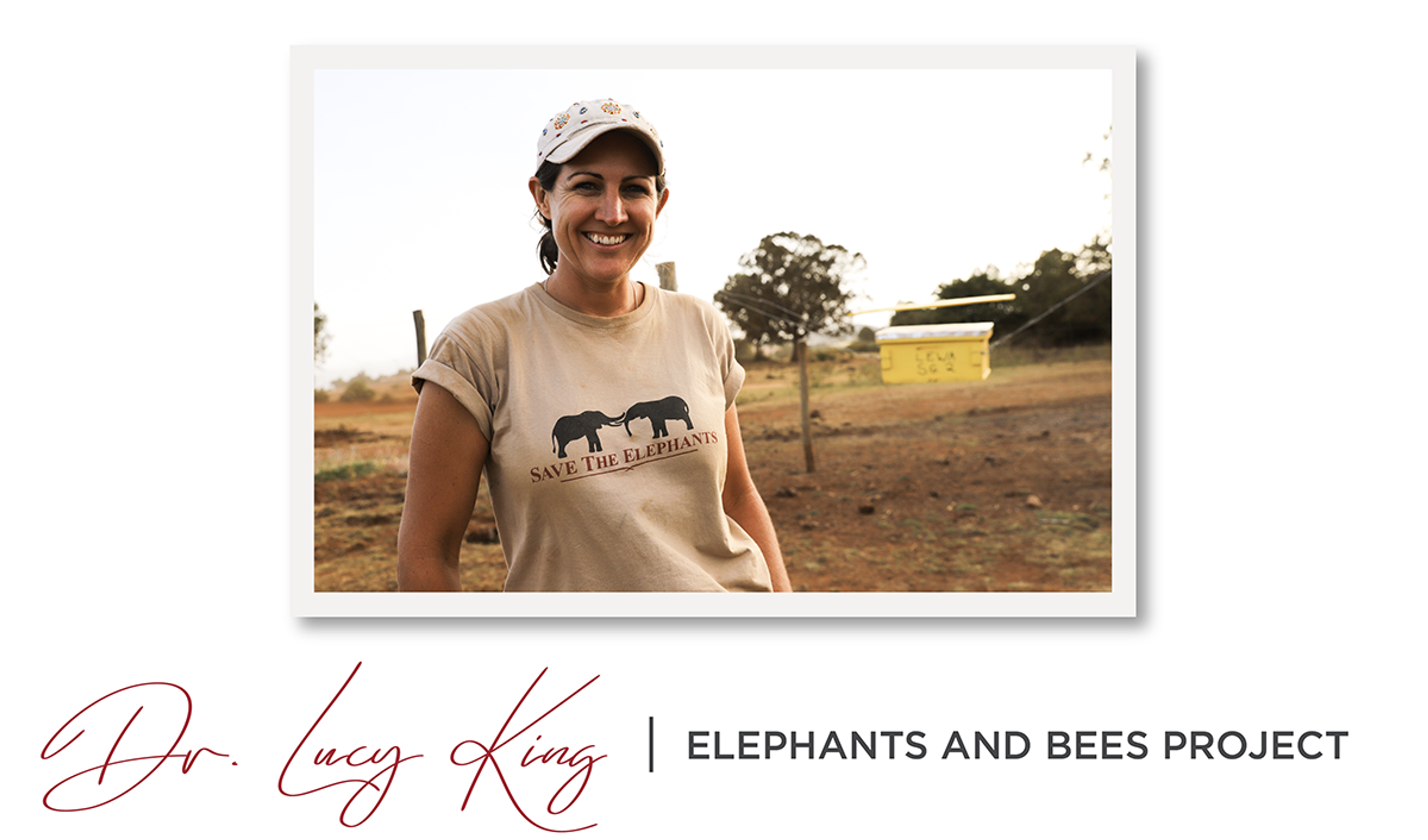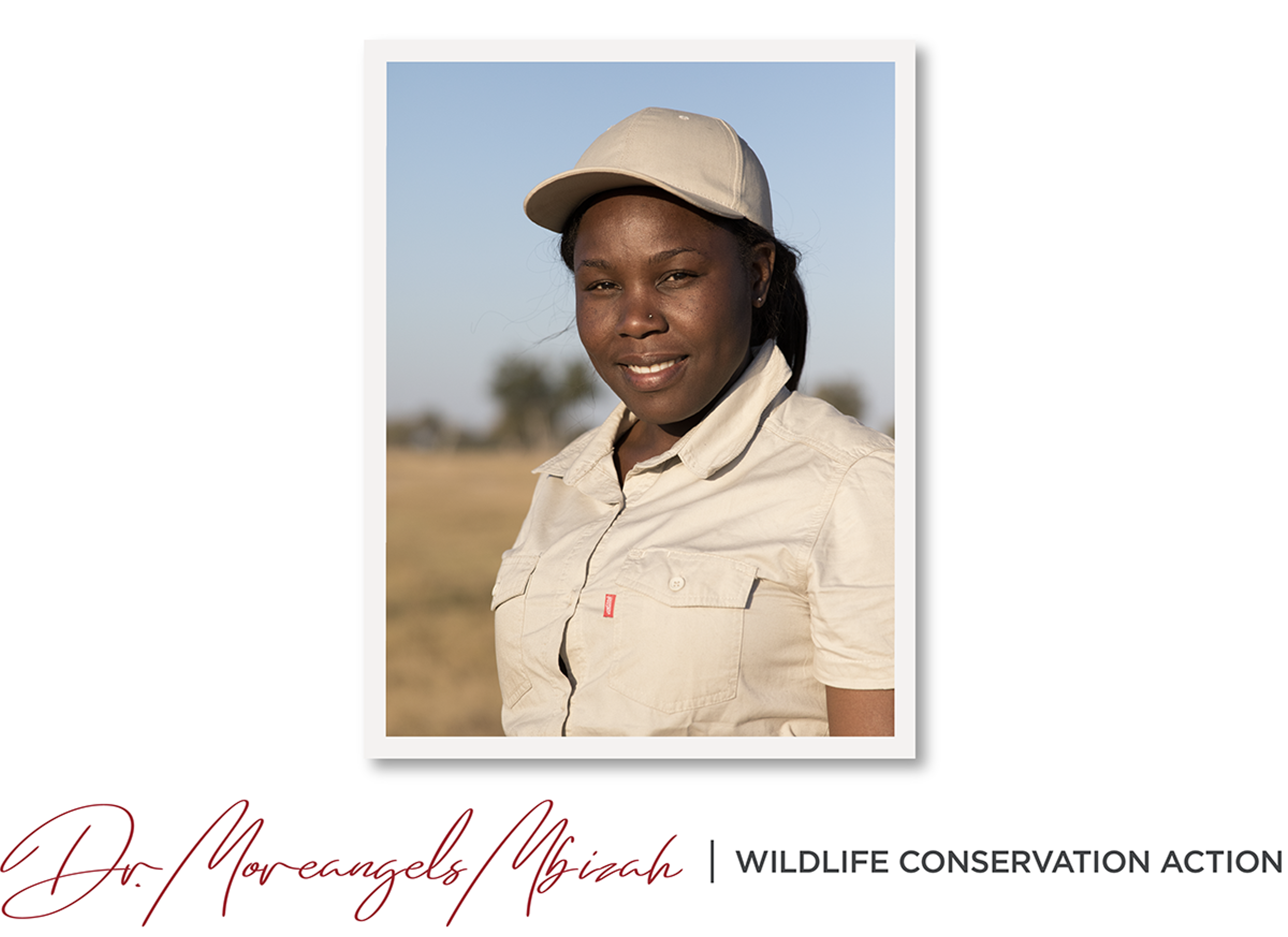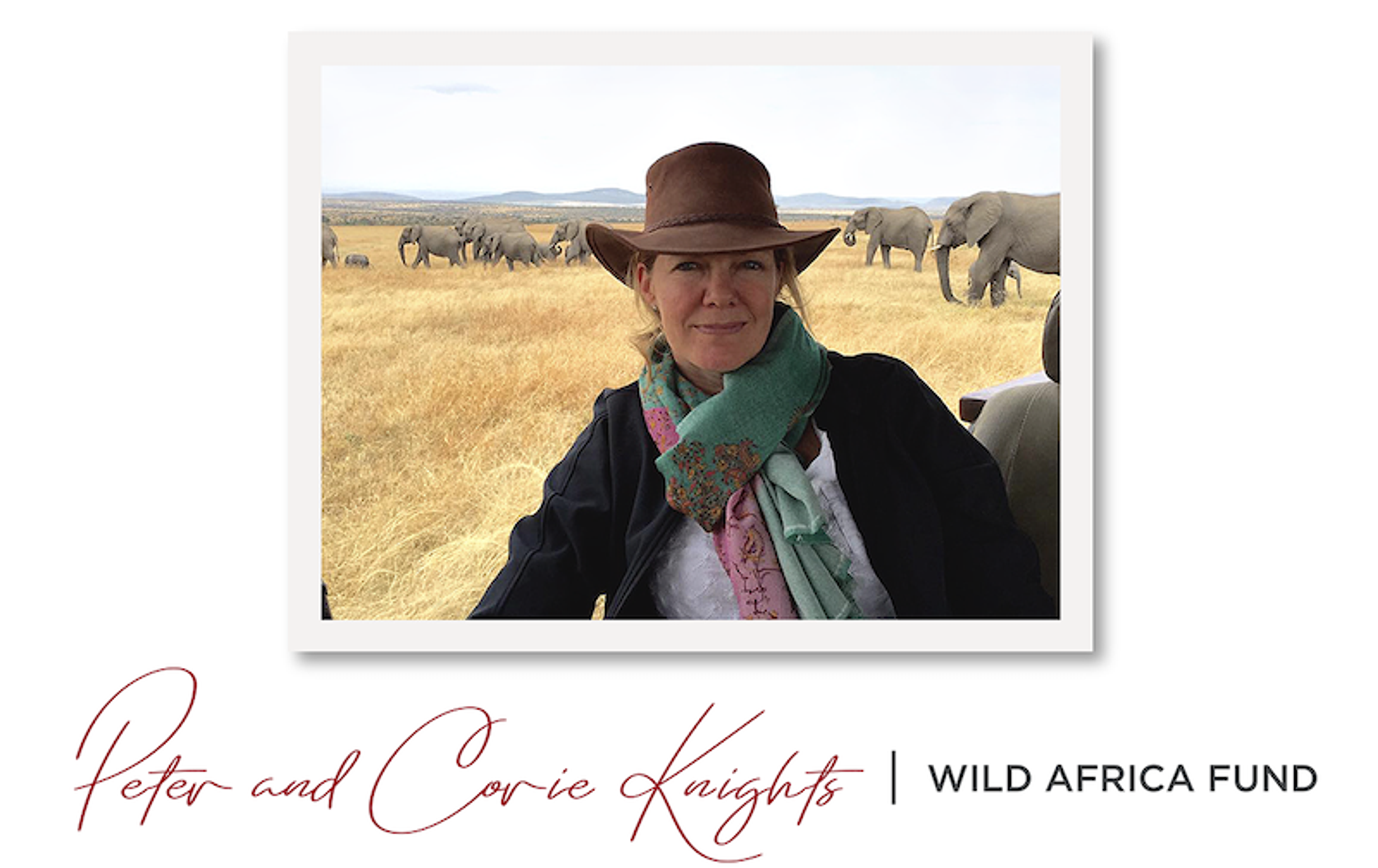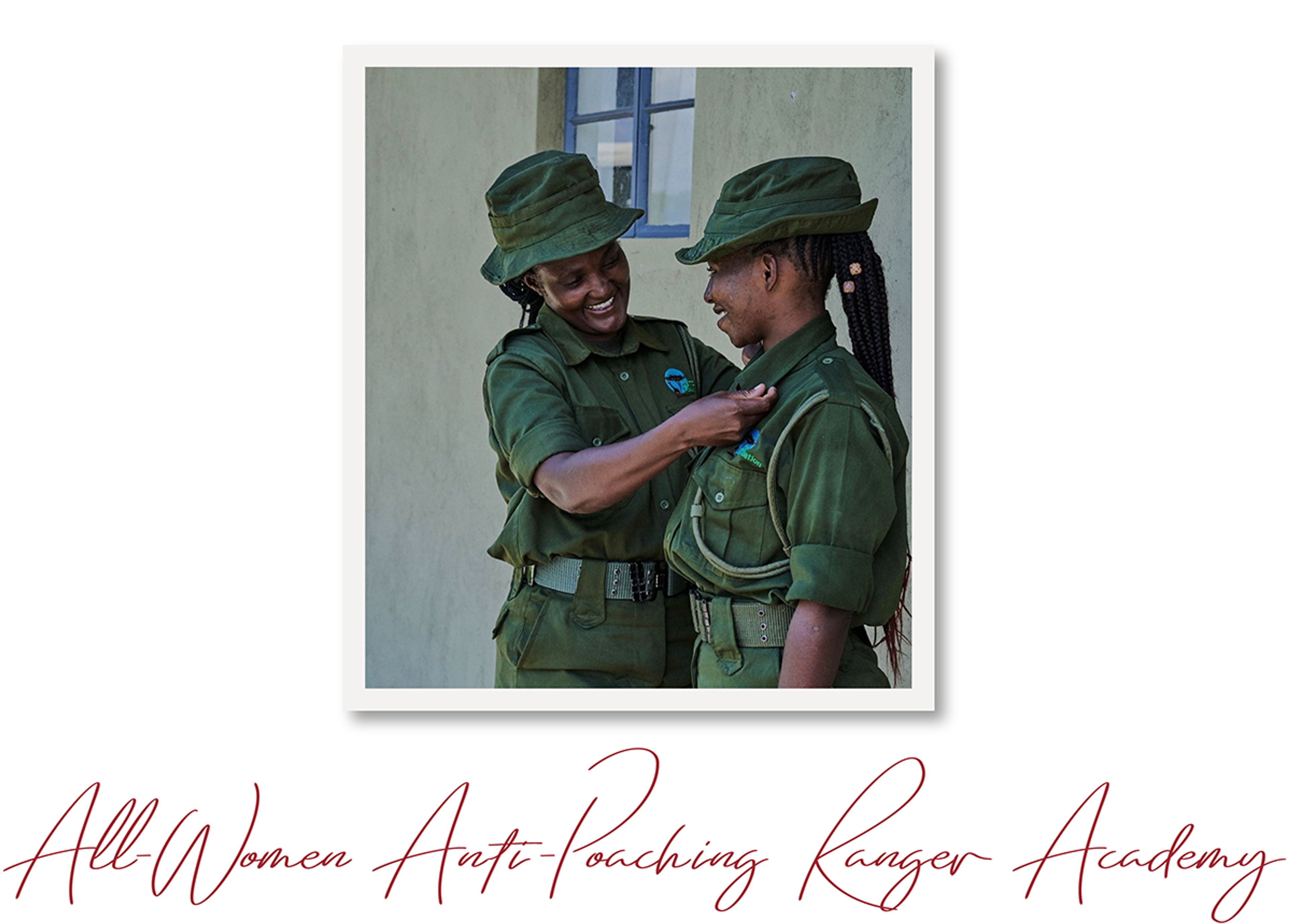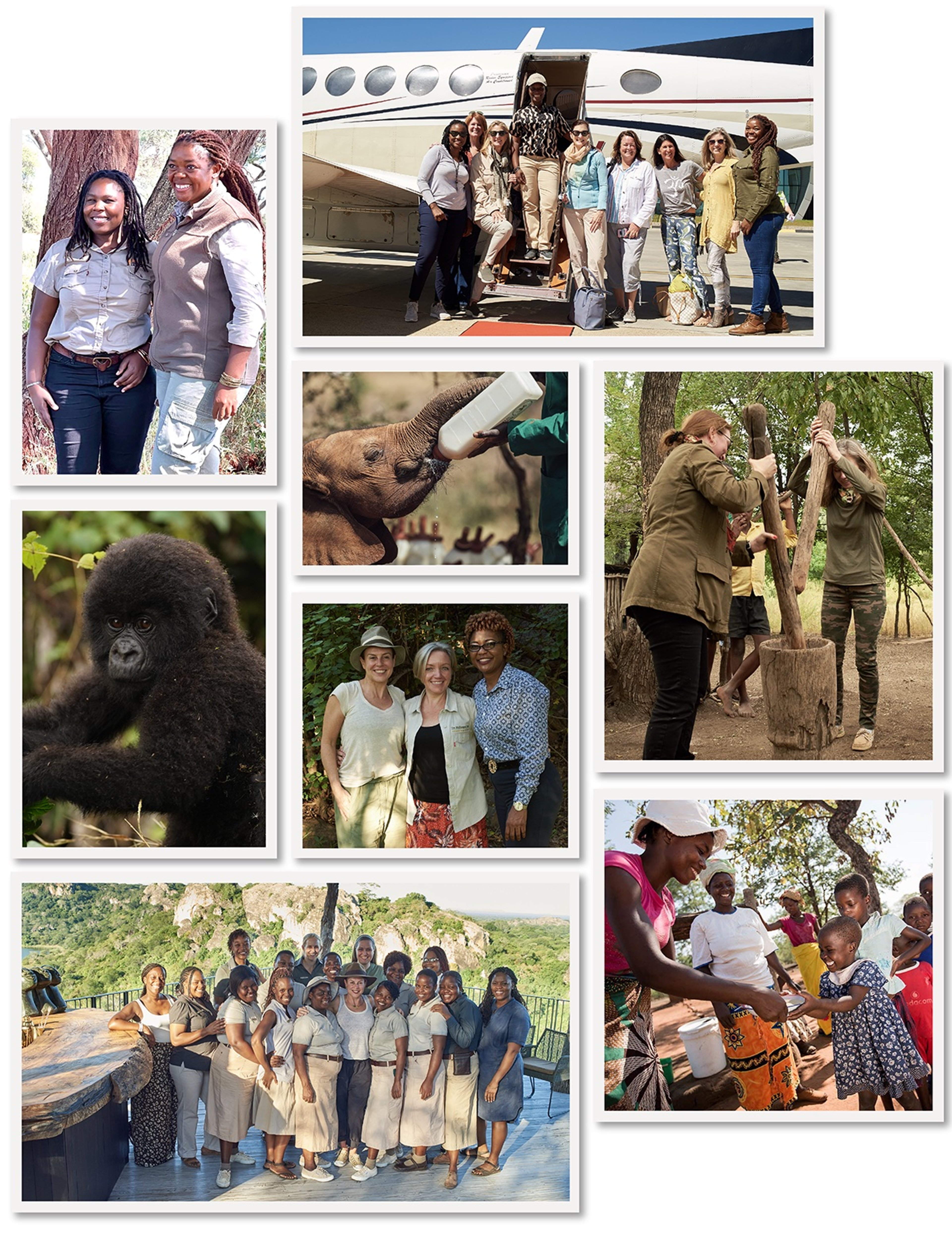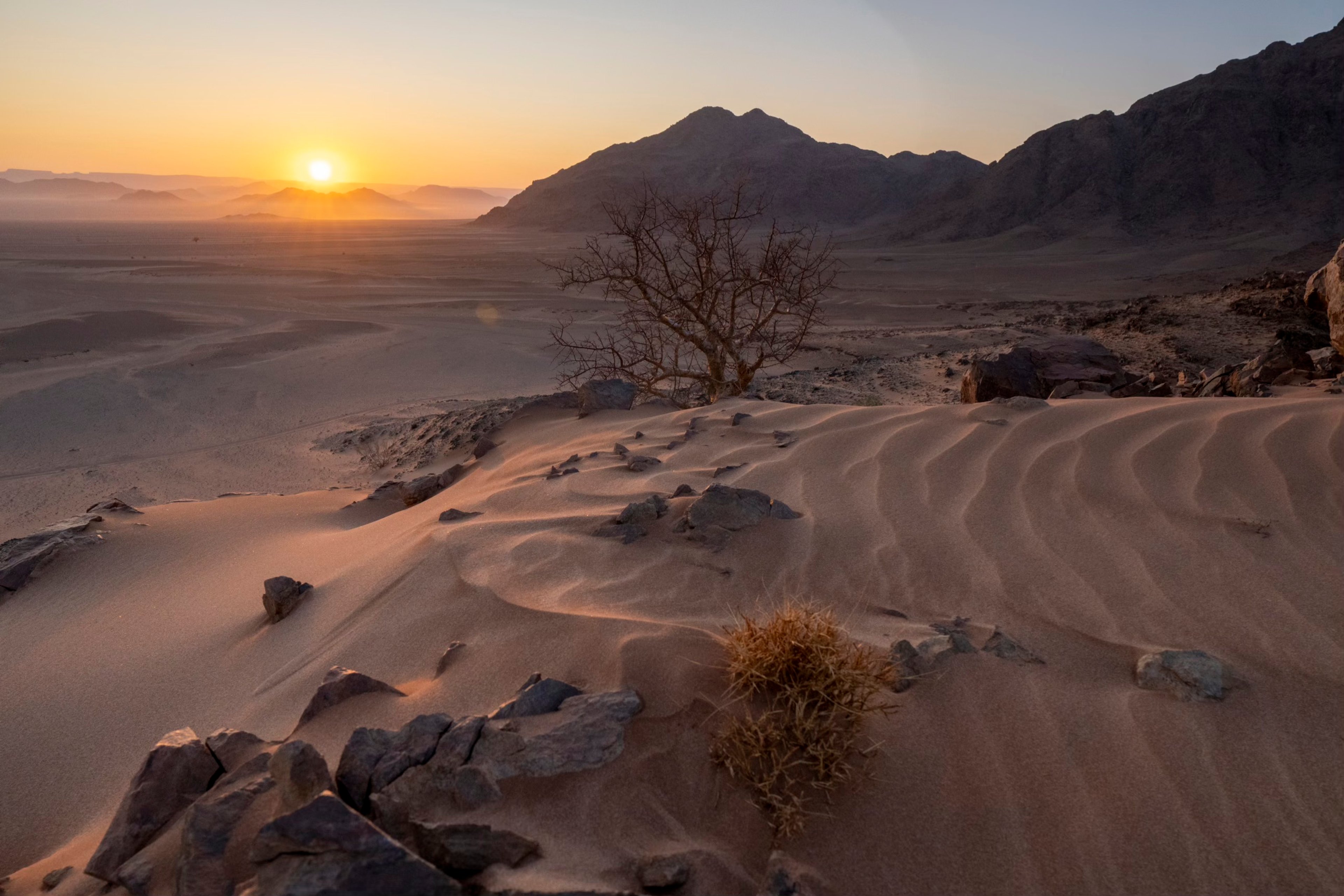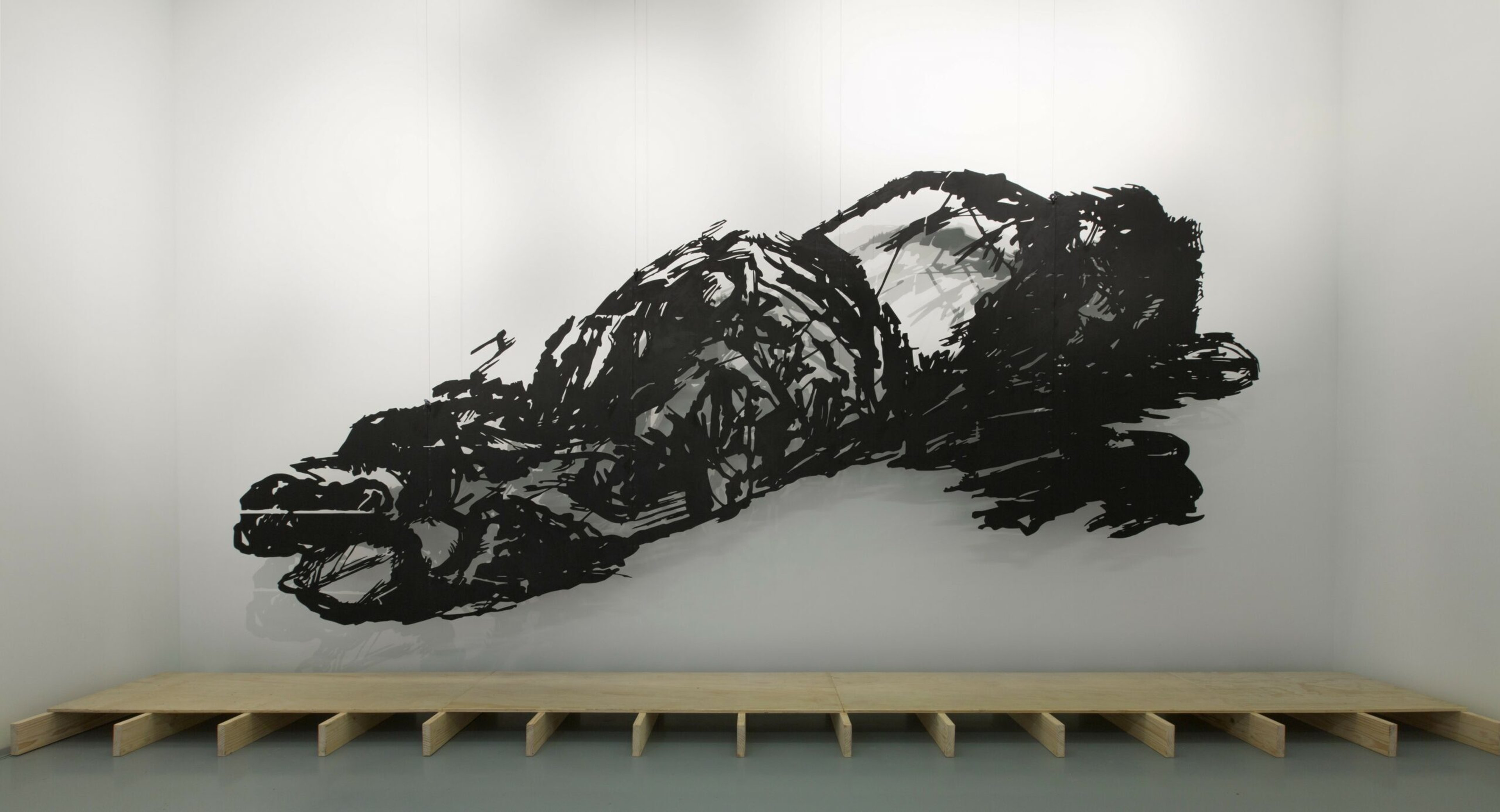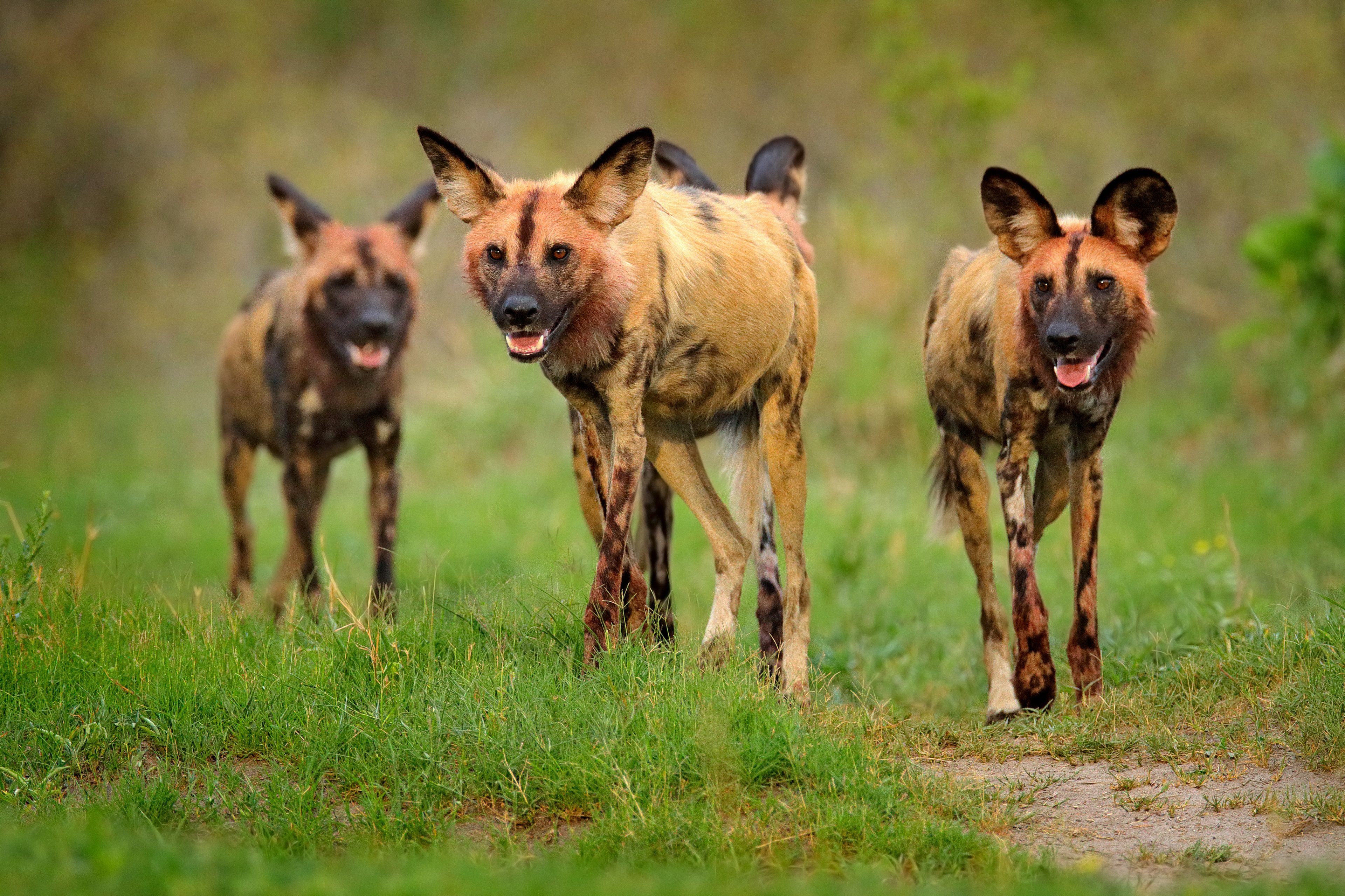In many ways, I wish I could rewind the clock to relive the incredible moments we shared this year with so many of our committed conservation partners, who are true embodiments of our ROAR AFRICA credo, “If African women rise, wildlife will thrive.” Behind our every move is an urgency to protect the wildlife and wild spaces we have left, ensuring our guests' investment in African travel has an immediate effect.
December is a month of gratitude, reflection and consideration; a time to bond with loved ones, care for others and celebrate the abundance in our lives. Every year during this time, I’m reminded that how we live and the quality of the presence we bring to this sacred earth is our signature in the end.
In that spirit, sharing our insider relationships with cultural and conservation changemakers is one of the most joyful privileges of our work. May we never forget that the greatest gifts are not the physical ones we hold in our hands but the intangible gestures of support that will continue to create a positive ripple effect long after we're gone.
We’re thrilled to spotlight the brave women and men whose signatures are of a life well lived, in service of our shared planet. We’re forever grateful for your support and your signature.

